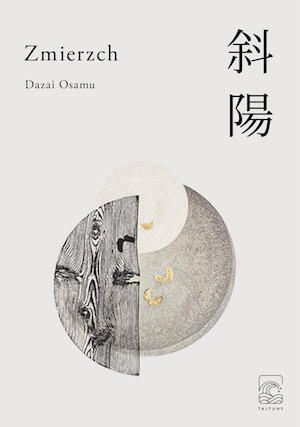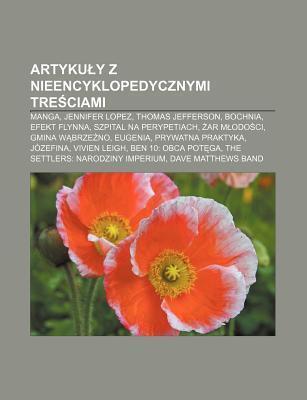
Czytanie Isabel Allende przy użyciu Teorie Homi K. Bhabha: Czytając " The Japanese Lover " Isabel Allende iIn the Midst of Winter Using Homi K. Bhabha's TheLokalizacja kultury
توسط
Golnaz Karimi
هنوز رتبهبندی نشده است
Manga
فرمت
جلد نرم
صفحات
100
زبان
لهستانی
منتشر شده
Dec 5, 2020
ناشر
Wydawnictwo Nasza Wiedza
ISBN-10
6203083496
ISBN-13
9786203083491
توضیحات
Golnaz Karimi embarks on a compelling exploration of Isabel Allende's narratives through the lens of Homi K. Bhabha's theories. By dissecting "The Japanese Lover" and "In the Midst of Winter," she seeks to illuminate the intricate dynamics of cultural identity and the experiences of marginalized individuals. Her analytical approach offers readers a unique perspective on how Allende artfully weaves themes of love, memory, and displacement into her storytelling.
The study delves into the nuanced ways characters navigate their identities amidst cultural oppression, challenging readers to reconsider the boundaries of belonging. Karimi's insights connect Bhabha's theoretical framework to literary examples, revealing the complexities of hybrid identities and the negotiation of space in a globalized world.
As she probes deeper into the texts, the author raises critical questions about the intersections of culture, history, and individual agency. This examination not only broadens the understanding of Allende's work but also invites a reevaluation of the role of literature in addressing socio-political issues.
Within these pages, readers will find a rich tapestry of critical thought that beautifully harmonizes literary analysis with cultural theory. Karimi's voice resonates with urgency and clarity, compelling a thoughtful discourse on the power of narrative in shaping human connections and resilience in the face of adversity.
The study delves into the nuanced ways characters navigate their identities amidst cultural oppression, challenging readers to reconsider the boundaries of belonging. Karimi's insights connect Bhabha's theoretical framework to literary examples, revealing the complexities of hybrid identities and the negotiation of space in a globalized world.
As she probes deeper into the texts, the author raises critical questions about the intersections of culture, history, and individual agency. This examination not only broadens the understanding of Allende's work but also invites a reevaluation of the role of literature in addressing socio-political issues.
Within these pages, readers will find a rich tapestry of critical thought that beautifully harmonizes literary analysis with cultural theory. Karimi's voice resonates with urgency and clarity, compelling a thoughtful discourse on the power of narrative in shaping human connections and resilience in the face of adversity.
نقدها
هنوز نظری ثبت نشده است
اولین نفری باشید که این کتاب را نقد کرده و نظرات خود را به اشتراک میگذارید
اولین نقد را اضافه کنیدسابقه خواندن
گزارشهای خواندنی یافت نشد
برای مشاهده گزارشها در اینجا، شروع به ردیابی پیشرفت خواندن خود کنید
اضافه کردن اولین سابقه خواندن شمایادداشتها
گزارش تراکنشها
هیچ گزارش تراکنشی یافت نشد
برای مشاهده گزارشها در اینجا، شروع به ردیابی معاملات کتاب خود کنید
اضافه کردن اولین سابقه تراکنش شما


















